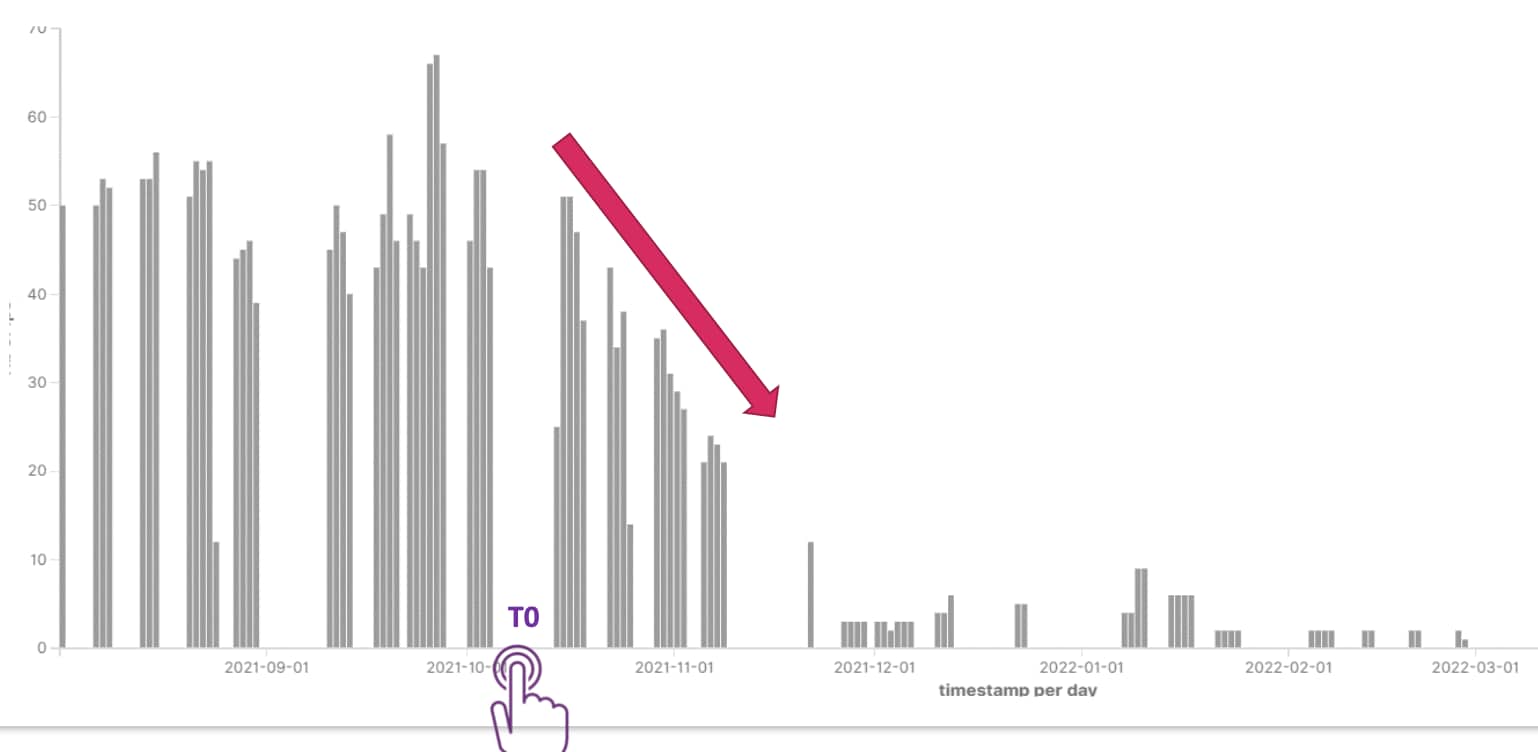A recent collaboration between VO and OVHCloud showcases the advantages of working together to help combat video piracy.

Since its creation over two decades ago, Viaccess-Orca has been fighting against piracy. Over the years the battle has evolved and mutated to form a complex patchwork of threats to rights holders’ incomes and investments. These range from the simple such as password sharing, to the most complex forms of threat such as attacking a smart card or the chipset of a STB. Currently video re-streaming is the main threat, and these can be highly sophisticated operations that are capable of earning the shadowy individuals and organisations behind them a lot of illegal money.
Here’s a good example. Five operators of illegal streaming networks in the UK trading under the names Flawless, Shared VPS and Optimal (also known as Cosmic) had more than 50,000 customers and resellers, 30 employees, and generated in excess of £7million in just five years. They were also caught and jailed for a combined total of 30 years and seven months in May 2023.
One of the problems with tackling video piracy in the modern era, and ending up with successful prosecutions such as that one, is working out where exactly the infringement is occurring. There are a number of different interlocking organisations involved in providing web services — registrars, cloud providers, hosts, and more — and once pirate activity is identified, it is important to be able to identify the relevant one so that remedial action can be taken, usually in the form of a DMCA or take-down notice.
Increasingly those are arriving at the desks of cloud providers. It has been estimated that more than 30,000 servers worldwide are used to re-stream illegal content. So, what can we do about it? How can we work more closely with cloud providers to combat video piracy, and how can we help them to ensure their infrastructure is not being abused by the pirates?
Working closely with cloud providers
We recently covered this topic in a co-presentation with OVHCloud at the Forum International de la Cybersécurité, and OVHCloud’s Head of Trust & Safety, Alexandre Dangréau, provided 10 tips for working with cloud providers on these sorts of issues.
- For security reasons, avoid attachment(s)
- (Double) Check the cloud provider before sending report
- Add technical details and proof in the body of the report
- Add the proof of ownership for each report on a shared link
- If the domain is using Cloudflare, don’t create a report directly to the cloud provider to avoid duplicate reports
- For the first report, use the abuse form
- 1 report = 1 domain/IP (several URLs on the same domain may be acceptable)
- Don’t spam the Trust & Safety team with too many reports for the same content
- Before updating a request check carefully if the content is still online
- Open discussions with the cloud provider to work efficiently
This last point is a key one. Working closely with the cloud providers helps everyone in the chain — except the pirates! OVHCloud is a leading provider of multiple cloud services to multiple industries and runs 33 datacentres with a global footprint. In 2021 we discovered that several illegal IPTV services were using OVHCloud servers to distribute stolen content and so we contacted them to discover how best we could fight this threat moving forward.
We came up with an agreed process of notification, and, during an intense year of sports events, we started sending take down notifications on a regular basis to the OVHCloud team.
Because we had an agreed system in place to process and expedite the DMCA notices, the effects were rapid and very noticeable as you can see from the graph below which charts the detection of illegal activity on the OVHCloud service. Once the initiative was started the amount of illegal activity declined rapidly. Indeed, over 95% of pirate video server IPs hosted by OVHCloud were closed over the course of a single month.

A win-win
The collaboration between ourselves and OVHCloud has been beneficial on a number of levels. For us, we get to fulfil our mission to reduce piracy for our clients, while for OVHCloud it reduces the abusive use of its services. Working together, we formulated a successful and effective strategy that acts to protect our customers revenues, and on OVHcloud’s side, it reduces the company’s exposure to legal risk.
Its fast-acting success highlights the benefits of the collaborative approach of experts to copyright enforcement. And it is through such partnerships that we can create a safer environment for the digital content ecosystem and ensure a stronger framework for content protection in the digital age.
In short, it helps in the ongoing process of cleaning up the web.
Of course, Anti-Piracy is always a game of cat and mouse. After these actions the pirates moved to more distant and more exotic infrastructure service providers. But it costs them money to change, time to migrate the infrastructure, and it decreases the quality of the service — and video quality in particular — that they can offer their customers.
We know that there is no silver bullet to fight piracy and that’s why we, at VO, have an extensive range of anti-piracy services for every piracy use case and situation. But it has to be said that this collaborative action was a particularly good bullet for us, for OVHCloud, and for our customers.
